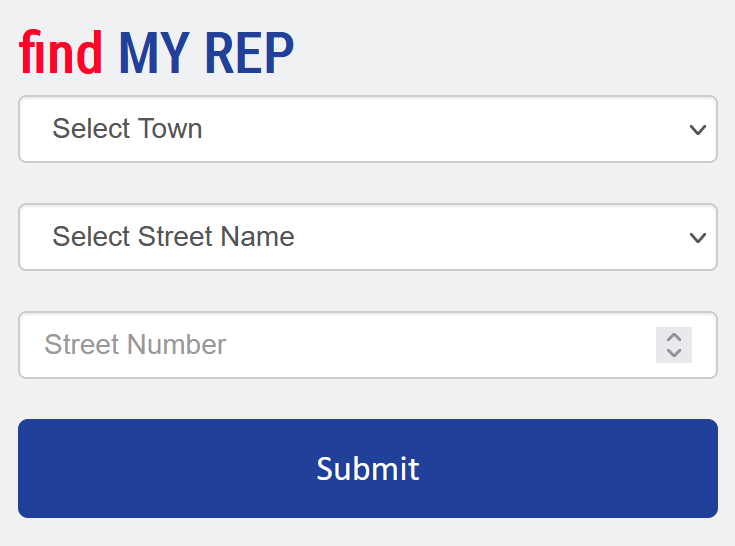Early Childhood Care and Education
May 22, 2024A House Democrats' priority bill aimed at improving access to affordable early childhood care and education was passed by the full legislature this session.
High-quality and affordable early childhood care and education contribute toward building a more robust economy and help encourage the success of working families and future generations.
Connecticut has one of the highest costs of childcare in the country, so it was critical to find ways to make childcare and early childhood education more affordable and accessible.

Specifically, this bill (HB 5002):
- Creates a dedicated “Early Childhood Care and Education Fund,” to be used for childcare and early childhood education programs
- Establishes the Early Childhood Care and Education Fund Advisory Commission that will report annually with recommendations on how to best use its resources
- Invests in teachers and assistant teachers in state-funded school readiness programs and state-funded childcare programs
- Requires a study on the availability of space in state-owned properties that may be used for early childhood care and education programs
- Directs the Office of Early Childhood to establish the Tri-Share Child Care Matching Program as a pilot initiative in New London County with childcare expenses for participants split evenly between employee, employer, and the state.
"Quality and affordable childcare isn’t just essential for families but it is the infrastructure we need for our workforce and economy to thrive," said House Deputy Majority Leader Kate Farrar, who represents West Hartford and Newington. "By investing in the critical early years of a child’s development, we will not only see a return on that investment but build a more equitable state for generations to come.”

During the public hearing process, the legislation also earned high praise from many including both the Connecticut Business & Industry Assoc. and the non-profit Connecticut Voices for Children.
These are much-needed sound investments in our state’s future and will go a long way toward helping parents earn a living while being able to better provide for their children’s care and education.






